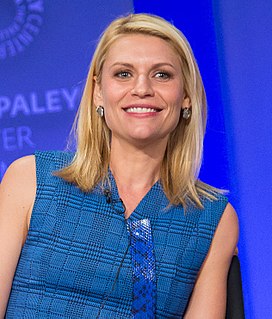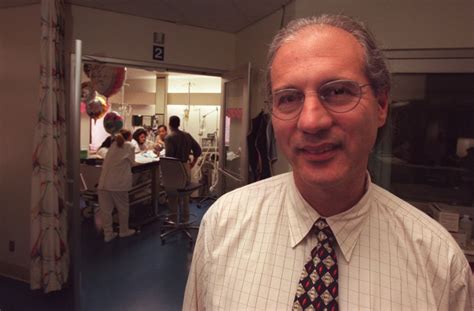A Quote by Jessica Capshaw
Maternal health remains a staggering challenge, particularly in the developing world. Globally, a woman dies from complications in childbirth every minute.
Related Quotes
As indicated by the increase in maternal mortality in 2010, right now it's more dangerous to give birth in California than in Kuwait or Bosnia. Amnesty International reports that women in [the United States] have a higher risk of dying due to pregnancy complications than women in forty-nine other countries (black women are almost four times as likely to die as white women). The United States spends more than any other country on maternal health care, yet our risk of dying or coming close to death during pregnancy or in childbirth remains unreasonably high.
Where there is a confluence of interests among nations, as, for example the swine flu or polio, you can get well functioning international institutions like the World Health Organization. And you can act. Climate change is different, because the science remains hypothetical and the potential costs staggering.
We are born of woman, we are conceived in the womb of woman, we are engaged and married to woman. We make friendship with woman and the lineage continued because of woman. When one woman dies, we take another one, we are bound with the world through woman. Why should we talk ill of her, who gives birth to kings? The woman is born from woman; there is none without her. Only the One True Lord is without woman

































